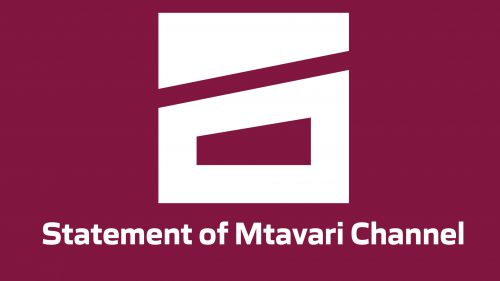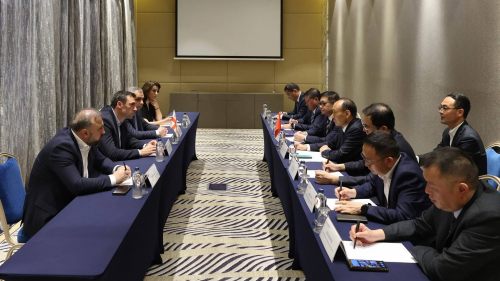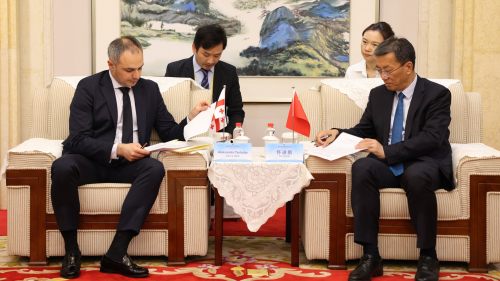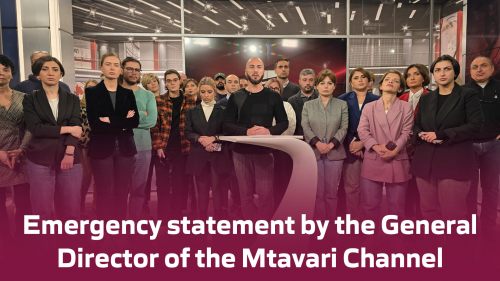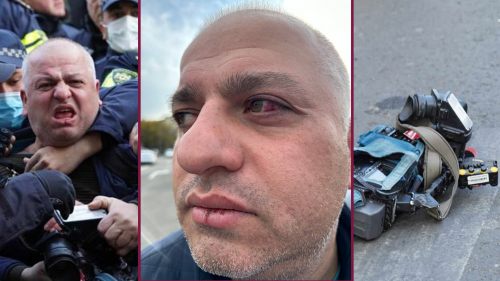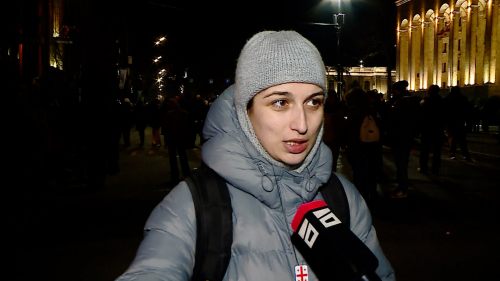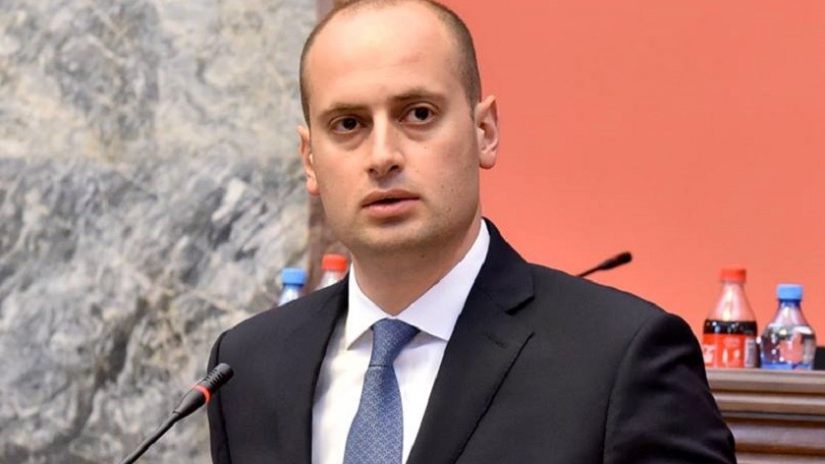
"It is clear that the Georgian Dream openly opposes the strategic partners of our country, the foreign policy and democratic course supported by the constitution of our country", - this is how the former Minister of Foreign Affairs of the "Georgian Dream" responds.
As "Georgian Dream" announced today, it is going to adopt two bills related to the so-called foreign agents in an accelerated manner, in the first reading. As they themselves explained, this implies acceptance of the draft law at the level of principles. In any law, the main thing is the purpose, what it serves and in what context it is adopted/enforced. If we look at the goal and the context, it is clear that the Georgian dream openly opposes the strategic partners of our country, the foreign policy and democratic course supported by the constitution of our country, - writes Janelidze.
For information, on February 27, the MP of the parliamentary majority and the member of "People's Power", Dimitri Khundadze, announced that both versions of the bills initiated by them will be sent to the Venice Commission.
As a reminder, the so-called "renegades" and MPs who formally left the Dream have introduced a bill on "transparency of foreign influence" in parliament. According to the initiative, any media outlet or non-governmental organisation that receives more than 20 per cent of its income from abroad must be registered as an "agent of foreign influence". A spin-off group known for its anti-American and anti-Western rhetoric argues that the law ensures transparency. Georgian Dream is known to intend to support the bill.
The initiative was criticized by the Western partners - the press spokesman of the EU High Representative for Foreign Affairs and Security Policy, Joseph Borrell, said that the adoption of the draft law would be incompatible with the norms and values of the EU. The Parliamentary Assembly of the Council of Europe called on the political factions not to support the bill. The US ambassador to Georgia also criticized the bill. Kelly Degnan called it a Russian law and said it aims to stigmatize and silence civil society. According to the UN, the draft law threatens the activities of civil society and the media.



